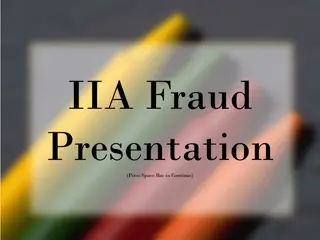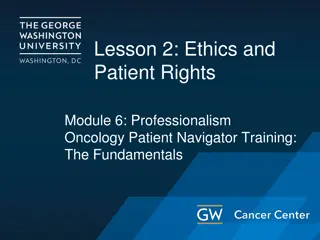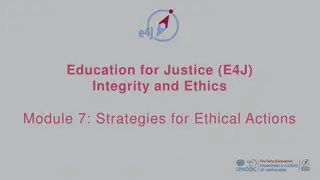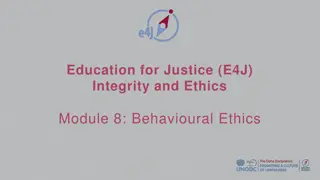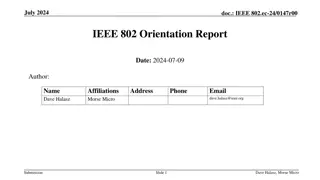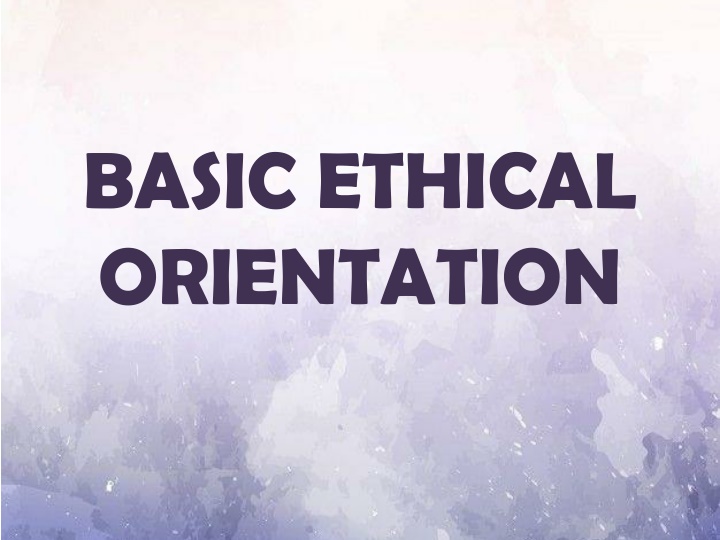
Different Ethical Orientations and Theories
Explore the various ethical orientations and theories, from Divine Command to Virtue Ethics, shaping our moral judgments and ethical practices. Gain insights into concepts like Ethical Egoism, Utilitarianism, and more to enhance your understanding of ethics.
Download Presentation

Please find below an Image/Link to download the presentation.
The content on the website is provided AS IS for your information and personal use only. It may not be sold, licensed, or shared on other websites without obtaining consent from the author. If you encounter any issues during the download, it is possible that the publisher has removed the file from their server.
You are allowed to download the files provided on this website for personal or commercial use, subject to the condition that they are used lawfully. All files are the property of their respective owners.
The content on the website is provided AS IS for your information and personal use only. It may not be sold, licensed, or shared on other websites without obtaining consent from the author.
E N D
Presentation Transcript
BASIC ETHICAL ORIENTATION
Basic ethical orientation refers to the ethical perception of an individual . It is the reasoning behind persons moral judgement s and ethical practices .
Divine Command Theories Being good is doing whatever the bible or the quran or some other sacred text or other source of revelation tells one to do . what is right equals what god tells me to do .
The Ethics of Conscience Conscience dictates what is right and what is wrong . Often has a religious source Maybe founded on a notion of human nature Is often negative in character , telling people what is not right .
Ethical Egoism Says the only person to look out for is oneself
The Ethics of Duty Begins with the conviction that ethics is about doing what is right , about doing one s duty . Duty may be determined by reason , professional role , and social role .
The Ethics of Respect Human interactions must be governed by rules and respect . What counts as respect can vary to one culture to another .
Utilitarianism Seeks to reduce suffering and increase pleasure or happiness . Demands a high degree of self sacrifice considers the consequences for everyone. Utilitarians claim the purpose of morality is to make a world a better place .
The Ethics of Justice What is fair for one should be fair for all Treating people equally may not mean treating them the same .
Virtue Ethics Seeks to develop individual character Assumes good persons will make good decisions. The spiritual excersise Provide a way of integrating all the theories .

